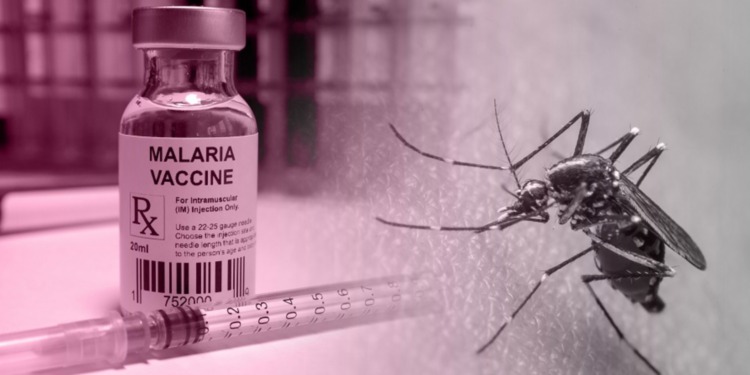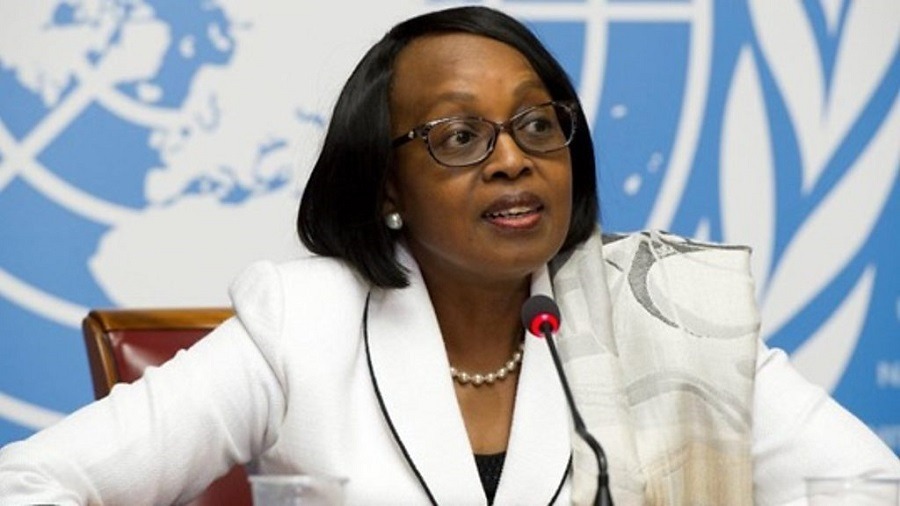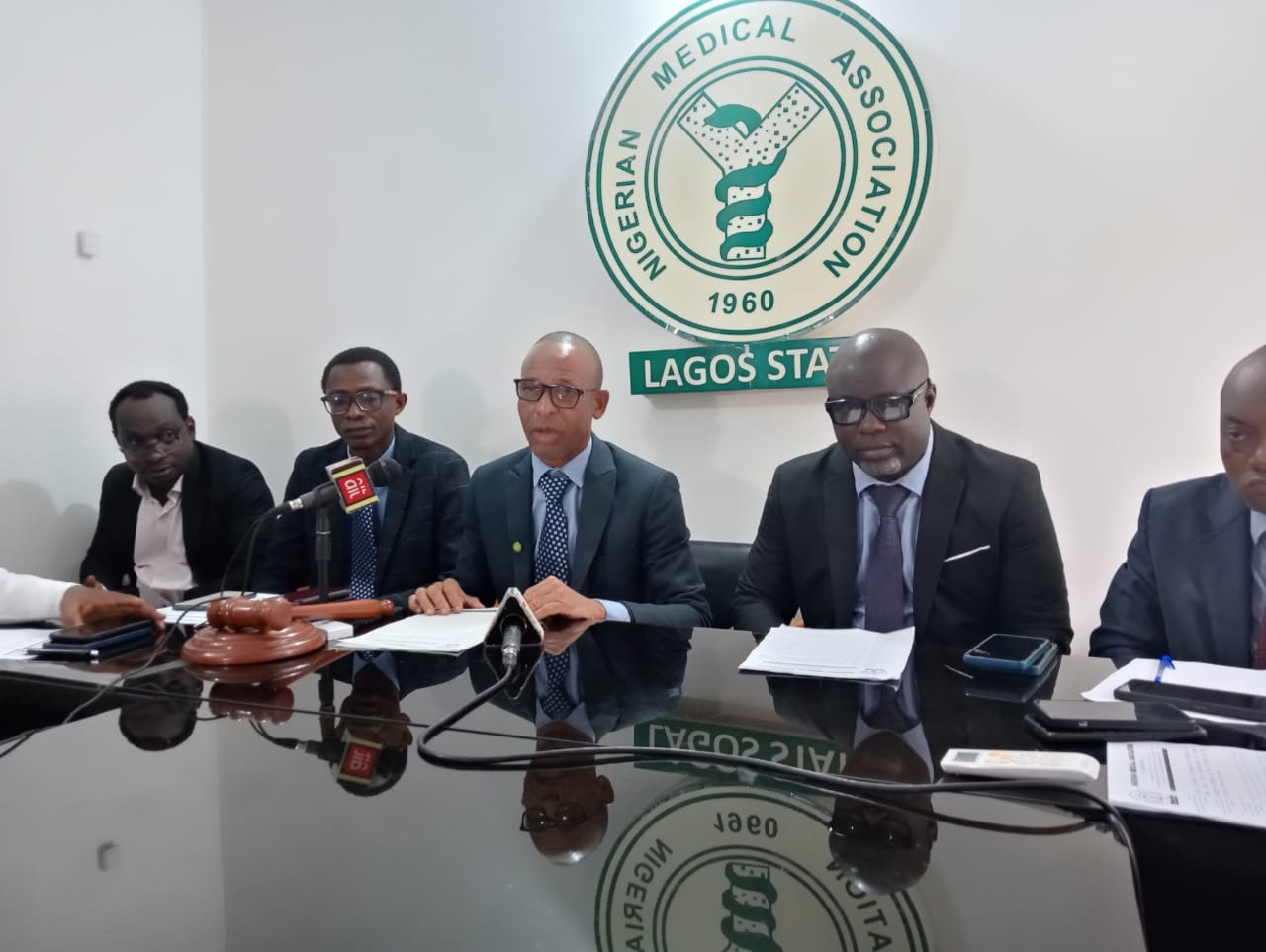The National Primary Health Care Development Agency (NPHCDA) has announced that the long-awaited malaria vaccination campaign will commence in Kebbi and Bayelsa states on December 2, 2024. According to the NPHCDA, this initiative forms part of Nigeria’s continued efforts to curb the devastating impact of malaria, which remains one of the leading causes of morbidity …




